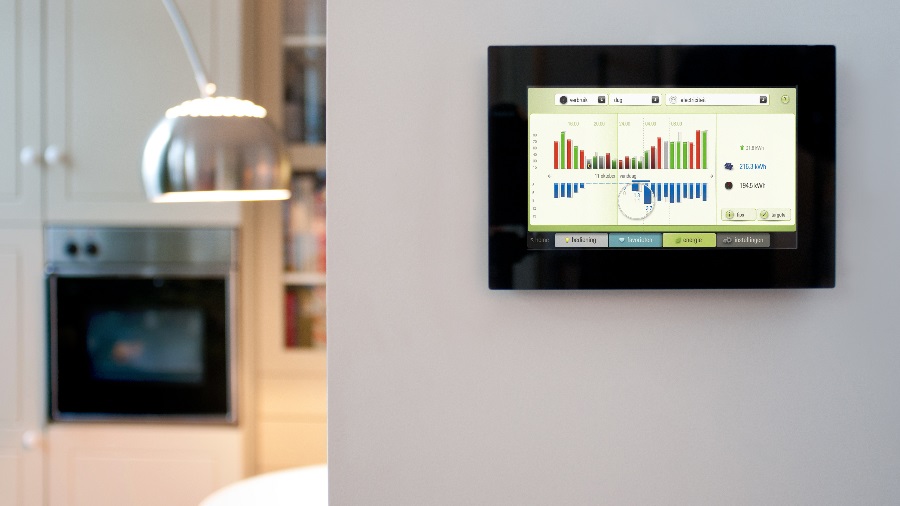ARM: We want to push data back into the hands of users
Are you listening, Google?

Sign up for breaking news, reviews, opinion, top tech deals, and more.
You are now subscribed
Your newsletter sign-up was successful
The Internet of Things (IoT) - a concept based around embedding internet-connected sensors into everyday objects - could give way to some exciting tech in the future.
We're already seeing it worm its way into kettles, fridges and even doorbells, and according to a new report by the Economist Intelligence Unit (EIU) conducted on behalf of chip designer ARM, it's expected that 30 to 50 billion so-called "smart objects" will exist by 2020.
Commenting on the report, Ian Ferguson, VP of Segment Marketing at ARM, told TechRadar that the giddy numbers throw up serious questions around privacy and ownership of data.
He said: "We're already seeing connected things like Nike Fuelbands and wearable devices such as Google Glass and smartwatches. The question is - who owns the data? We're lobbying to push more control back onto the user so that they can control where that data is going, as opposed to it going straight up into the cloud."
Premium data
Ferguson points to UK car insurance company Drive Like A Girl, which lowers its customers' insurance premiums if they install an embedded device in their car that uploads driving patterns.
He said: "It's pretty clear that the company owns the data as it owns the device, and people are willing to trade their data for cost reductions. But what else could the company do with your data if they know how you're driving and when you're driving?
"There are still some interesting conversations yet to play out. What happens if it's data coming out of a heart rate monitor that's in somebody's body, for example? That should be the patient's data. They might want it to go to their physician and hospital, but not insurance people."
Sign up for breaking news, reviews, opinion, top tech deals, and more.
Customer service
According to ARM's report, IoT is expected to expected to have the biggest impact on customer service and products and services set to flood the market, which consumers may not be aware are based on embedded sensor technology.
Ferguson adds: "It's going to be a while before people really realise the implication of the networks around them. We'll see quicker deployment in the next few years, starting with tangible products that we'll see more of next year.
"I think it will be interesting to see its development in certain countries such as Germany where there are stricter rules around storing data. It might not develop in those places as quickly as others."
- Let's take a closer look at ARM's ascent from small Acorn to tech superpower
